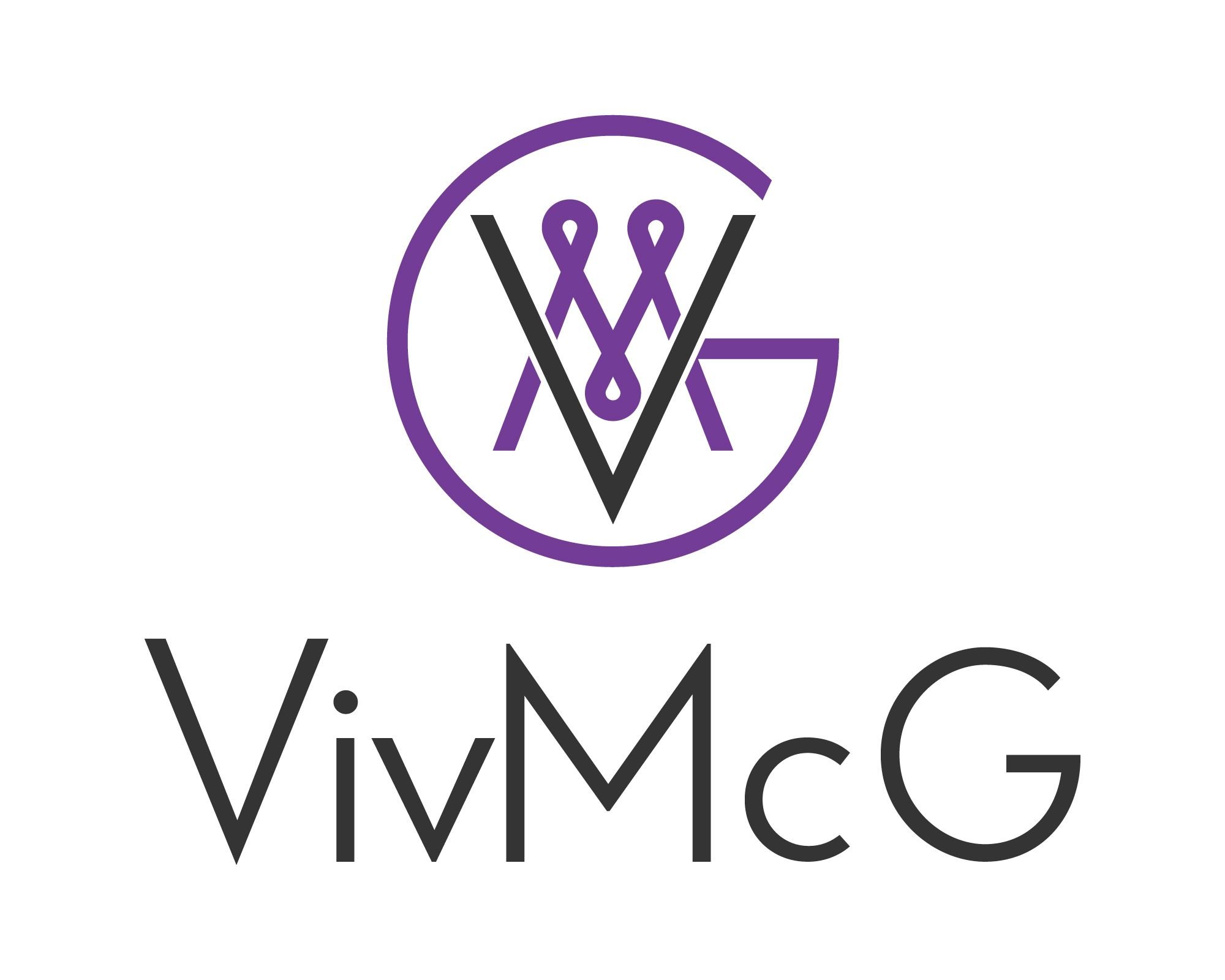three phases to create a habit

Did you know that every habit that you create goes through 3 distinct and necessary phases to become successful?
Read on to find out more...
You might not think a former college basketball coach would be the person who creates a model that describes what the creation of a habit actually looks like and the 3 stages that it follows. And yet Tom Bartow was that very former college basketball coach. 'Former' because today, thanks greatly to this model and his ability to approach and solve challenging situations in a creative way, he is now one of the most highly sought after coaches in the world.
According to Bartow, the creation and formation of a habit follows 3 stages: the honeymoon, the fight-through, and the second nature.
What are these 3 stages, what do they entail, and how do they relate to creating a habit of graittude?
Well, we can determine all that through exploring each stage one at a time, in more detail.
THE HONEYMOON
The honeymoon phase is the easy, exciting, inpiring beginning stage of habit formation. It's the time when, perhaps, something may have positively triggered you to make a change in your life through introducing a new, positive habit in your life.
You might find yourself saying things like, "this is easy", "this is fun", "why did I put off doing this before now?"
You feel on a roll, implementing the changes in your life is easy, fun, effortless and you can easily foresee yourself in the future enjoying the fruits that this new habit will bring into your life.
However, as all married couples know - the honeymoon doesn't last forever. If you're lucky, when starting to create a new habit, the honeymoon phase may last for a couple of weeks. However, it may be much shorter and last a mere few days, after which the reality of life kicks in.
Can you recall the honeymoon phase you went through when you decided to make gratitude a new and daily habit?
You may have received my emails promoting this year-long experience and something inside you lit up, you felt positively triggered by what you read aor felt and felt inspired to take action and join the experience. Perhaps you also got excited, thinking how different your life will be when gratitude becomes a daily part of it.
Can you recall your honeymoon phase, how long it lasted, and when it ended or why it ended?
THE FIGHT-THROUGH
If you don't progress on to this second phase, the fight thru, the creation of your habit will come to an abrupt halt. Because this phase highlights where inspiration and excitement fade as reality kicks in. And as inspiration and excitement fade and reality kicks in, the heaviness of old, bad habits begins to weigh down on you. The ease of well-known bad habits can outshine the difficult maintenance required to continue pursuing the new, good habit.
In this phase you'll find yourself saying things like "this is harder than I imagined", "I'll skip today and catch up tomorrow", "I've done well enough this week, I'll pick things up again next week".
Looking back over recent weeks, have you caught yourself repeating any of these phrases or something similar? Have you struggled to prctice gratitude daily because life has gotten in the way or become too busy? Have you noticed how the excitement of creating a gratitude practice has lessened recently and now, sometimes, it can feel a bit like a chore?
Then you're going through the challenging fight-through phase.
According to Bartow, in order to move on to the 3rd and final phase of habit creation, you need to be prepared to buckle up, batten down, and battle through 2 or 3 fight-throughs. This is where you discover your determination to succeed, your desire to create a better life as a result of this good habit, and your ability to push through. This is where you learn that habit creation is a marathon, not a sprint.
Success in this phase and the ability to move forward into the 3rd and final phase is made more likely when you use the three following techniques.
Recognition
Recognition and awareness that you're in the fight-through phase is key to pushing through it. Without recognition and awareness, there is no understanding and appreciation. And when there is no understanding and appreciation, there is no known need to overcome what you're experiencing in order to succeed.
So the first step here is to recognise you're in the fight-through phase and to verbalise it. You can say something along the lines of, "I am in the fight through phase. I'll have to win a few to move past this phase."
It's only when you recognise that you're in the fight-through phase that you can actually muster up the ability to fight and win. And when we win the first fight-through, it makes it easier to win the next. If, on the other hand, we choose to lose the first fight-through, it makes it easier to lose the next one.
Ask
In this phase, you are encouraged to bring in some emotional energy through asking a couple of questions that get you thinking about how your life will look if you succeed in creating this habit and if you fail to create this habit. Emotions get you to feel how things will turn out and feelings, in turn, are powerful encouragers to taking action.
So, with this technique you would spend some time focusing on a question like, "how will I feel if I don't succeed in creating this habit?" When you're ruminating over this question, ensure you really feel into it. Let the emotions rise as you feel deeply into how you will feel should you fail to create this habit.
After spending some time focused on how you will feel should you fail to make it through the fight-throughs, flip the switch and focus on a question like, "how will I feel when I succeed in creating this habit?" Again, when you're ruminating over this question, ensure you really feel into it. Let the emotions rise as you feel deeply into how you will feel when you succeed in creating this habit.
Project
If the previous 2 techniques (Recognition & Ask) haven't vaulted you back into action and picked up your gratitude practice again, then this technique (Project) is designed to make things even more emotive.
This technique is where you're truly honest with yourself. You committed to creating this new habit, for bringing daily gratitude into your life, for a reason. Look back and recall what it was about your life that led you to the desire to create a daily gratitude practice. And once you know the why, look at the longer term consequences of failing now.
In this technique you would, again, ruminate over two opposing questions. This time, you're focusing on how like will look and be in the future. First you would ask yourself, "how will my life look in 5 years if I don't make a habit of daily gratitude?" After you spend some time feeling into this question, imagining your life in as great a detail as possible, and letting your emotions rise, move onto the opposite question, "how will my life look in 5 years when I do make a habit of daily gratitude?". Similar to the questions asked in the second technique, emotions are key. In addition to emotions, honesty is also key.
THE SECOND NATURE
As the suggests, when you reach this phase your habit has become part of your makeup and your daily routine. You do't have to think consciously about doing it, you just do it. A bit like putting your seat belt on as soon as you get into a car.
At this phase, you're operating at a new rhythm, it's a smoother ride and you might catch yourself thinking or feeling, "I'm in the groove", "I'm in the flow".
In saying that, you can't lie back and relax completely. Whilst you won't need regular pep talks reminding you how great life is as a result of this habit and how much you would lose if you revert back to old habits, there may be times when you experience an interruption. When this happens, if you're not vigilant, the old habits can sneak back in.
Interruptions can come in 3 forms:
Discouragement Demon
This is the little voice in your head, your monkey mind, chirping in and saying things like, "this isn't working", "I can't keep this up", "this isn't for me". Negative thoughts can be powerful and, when you listen to them, they can scupper all the good work you've done so far.
Your monkey mind struggles with change and will fight against it because it desperately wants to keep you small and safe inside your comfort zone, without allowing that comfort zone to increase in size in anyway.
Should the Discouragement Demon raise its little head, turn its volume down with positive affirmations such as, "I've got this!", "I love my life", "gratitude is changing my life for the better".
Disruptions
When you experience a disruption to your routine, more often than not old habits which have been part of your makeup much longer than your newly creted habit, will rise up and take over, if you don't remain vigilant.
Disruptions can be a sudden illness that lands you in bed, a holiday, or even simply the weekend. When you return to your new, normal routine, you should exercise some diligence to ensure you get fully back on track, followed by a period of maintenance to ensure the new habit remains part of your routine.
Success Seductress
This is where the little voice in your head, the monkey mind, takes on a more seductive, success-driven ego.
Rather than putting you down with negative talk, such as the case with the discouragement demon, this side of your monkey mind lifts you up and makes you feel important and special, to the point where your ego takes over and you begin to think, for example, that you know how to attract great things into your life easily and with minimum effort through gratitude, that you know more than others around you, that you're special.
If the Success Seductress whispers in your ear, it might be time to focus on humility in order to curtail your ego.
If you experience any of these possible interruptions, you may find yourself back in phase two, the fight-through phase. If you find yourself back in phase two, just remember, winning 2 or 3 fight-throughs will bring you back to the second nature phase.
Changing a habit is not easy and can take considerable time. The key is to recognise what stage you are in, and coach and support yourself through it.
Viv xx
